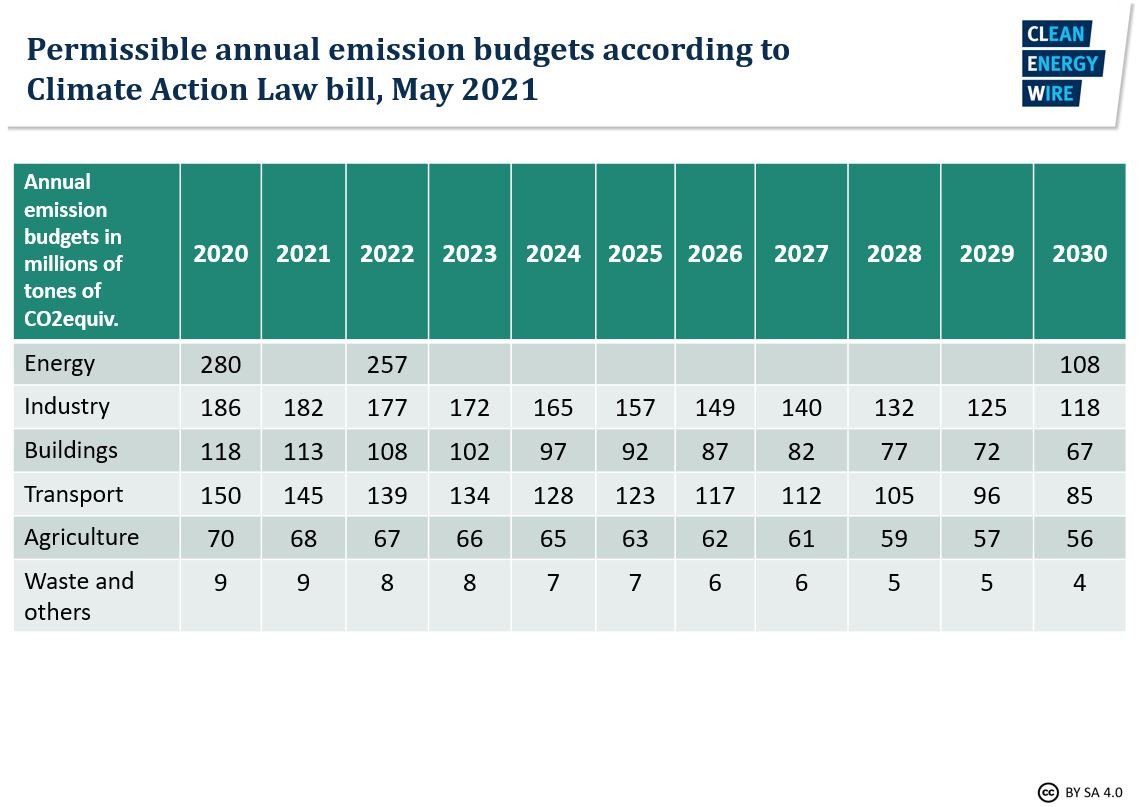
So apparently this is the UK government strategy for aviation & climate.
Let demand & supply expand & hope for a technological fix a couple of decades from now.
One could write a long thread about it, but really the story really is quite simple here...
Let demand & supply expand & hope for a technological fix a couple of decades from now.
One could write a long thread about it, but really the story really is quite simple here...
https://twitter.com/BBCNews/status/1415201410195546114
What they propose is *literally the status quo*.
*Literally what we've been doing for the last few decades*.
The result? Aviation emissions have sky-rocketed. ⬇️
*Literally what we've been doing for the last few decades*.
The result? Aviation emissions have sky-rocketed. ⬇️

On the role that technology hopes / myths play in this context see this brilliant paper. It's all there.
https://twitter.com/giulio_mattioli/status/1176044371684352000
So nothing's changed really in government policy. The only thing that's changed is that it's now more *controversial* I guess. There are more & louder voices pointing out that it won't work.
(h/t @TheSocBiz)
(h/t @TheSocBiz)
• • •
Missing some Tweet in this thread? You can try to
force a refresh











